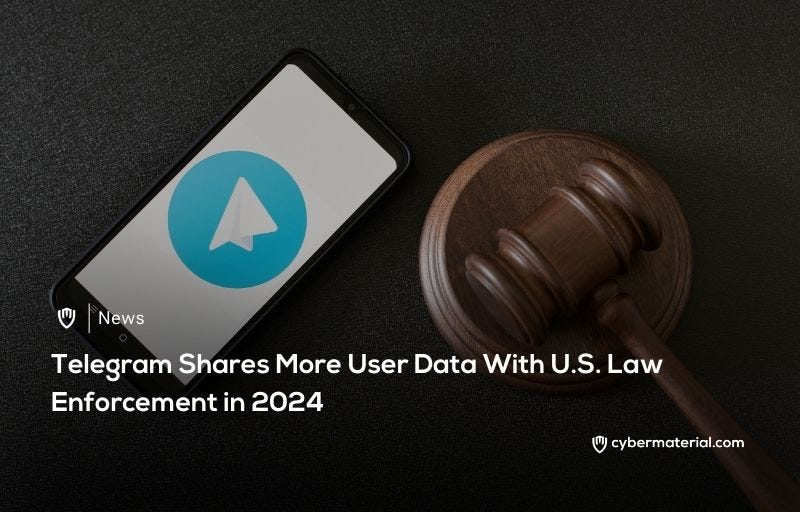
Telegram has disclosed that it processed 900 U.S. government requests in 2024, sharing user information such as phone numbers and IP addresses for a total of 2,253 users. This marks a sharp increase …

Telegram has disclosed that it processed 900 U.S. government requests in 2024, sharing user information such as phone numbers and IP addresses for a total of 2,253 users. This marks a sharp increase …